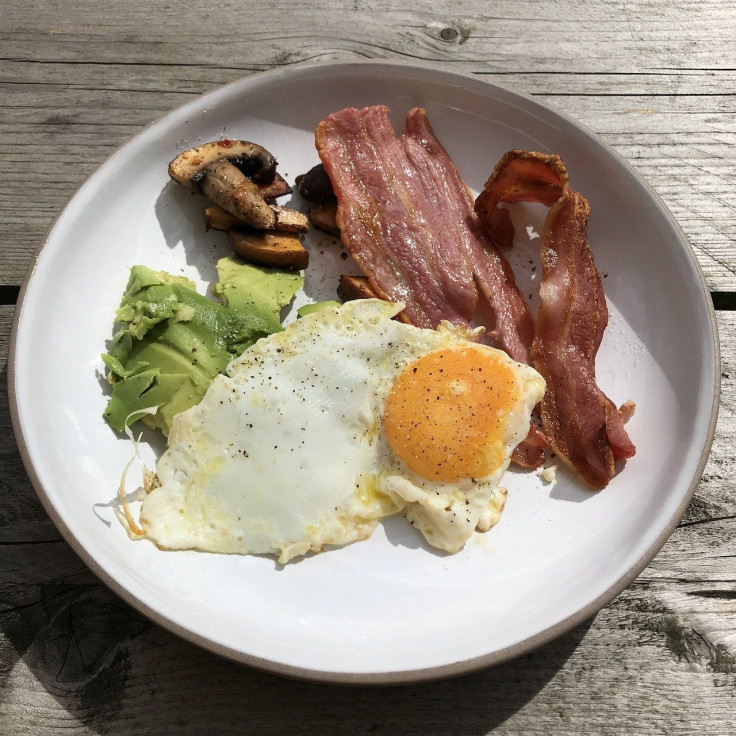Keto During Quarantine: Does It Work For Weight Loss And Is It Safe?

A negative side effect of the COVID-19 Quarantines and Stay at Home orders around the United States has been what has been dubbed the “Quarantine 15.” However, the success one man has had with actually losing weight is leading to new questions about the effectiveness of a popular diet program.
In an appearance on “Good Morning America,” a Pittsburgh father of three, Joe Mull, revealed that his time in Quarantine actually allowed him to pick up a healthier habit with his diet, and he took up the Keto diet plan. Since starting the program in March, he has lost 45 pounds.
“I started on March 9th with a commitment to keto and just took it one day at a time,” he said. “I said I’m going to show up today and eat this way. I’m going to be active, and at the end of every day I got to experience that feeling of accomplishment.”
The Keto diet, which, is a low-carb diet that focuses on incorporating higher fat into a diet, has been a popular program the last few years, with many touting positive results from following the diet, which requires followers to take in fewer than 20 to 50 grams of carbs per day and get their bodies to reach a state of Ketosis, which is when the body uses fat for energy instead of carbs.
According to Harvard medical, followers must eat fat with each meal, and with a 2,000 calorie diet each day, could break down to something like 165 grams of fat, 40 grams of carbs and 75 grams of protein, though individual needs would determine the exact ratio. Among the foods which would be included on the diet are nuts, seeds, avocados, tofu and olive oil, as well as saturated fats like oils, lard and butter. Meanwhile, due to carb content, fruits are discouraged except for small portions of berries, while vegetables are restricted to leafy greens, cauliflower, broccoli, Brussels sprouts, asparagus, bell peppers, onions, garlic, mushrooms, cucumber, celery and summer squashes.
While followers do generally experience larger amounts of weight loss on the diet, there are some negative effects also associated with the plan.
Dietitian Kathy McManus, director of the Department of Nutrition at Harvard’s affiliated Brigham and Women’s Hospital, revealed that too many saturated fats can lead to a risk of heart disease, while other problems with the liver and kidneys and constipation can also happen.
“If you’re not eating a wide variety of vegetables, fruits, and grains, you may be at risk for deficiencies in micronutrients, including selenium, magnesium, phosphorus, and vitamins B and C,” McManus said about other potential risks.
The diet can also cause fuzzy thinking and mood swings. Those interested in pursuing such a diet are encouraged to speak with their doctor beforehand to determine if it is the right diet plan for them.
© Copyright IBTimes 2025. All rights reserved.





















